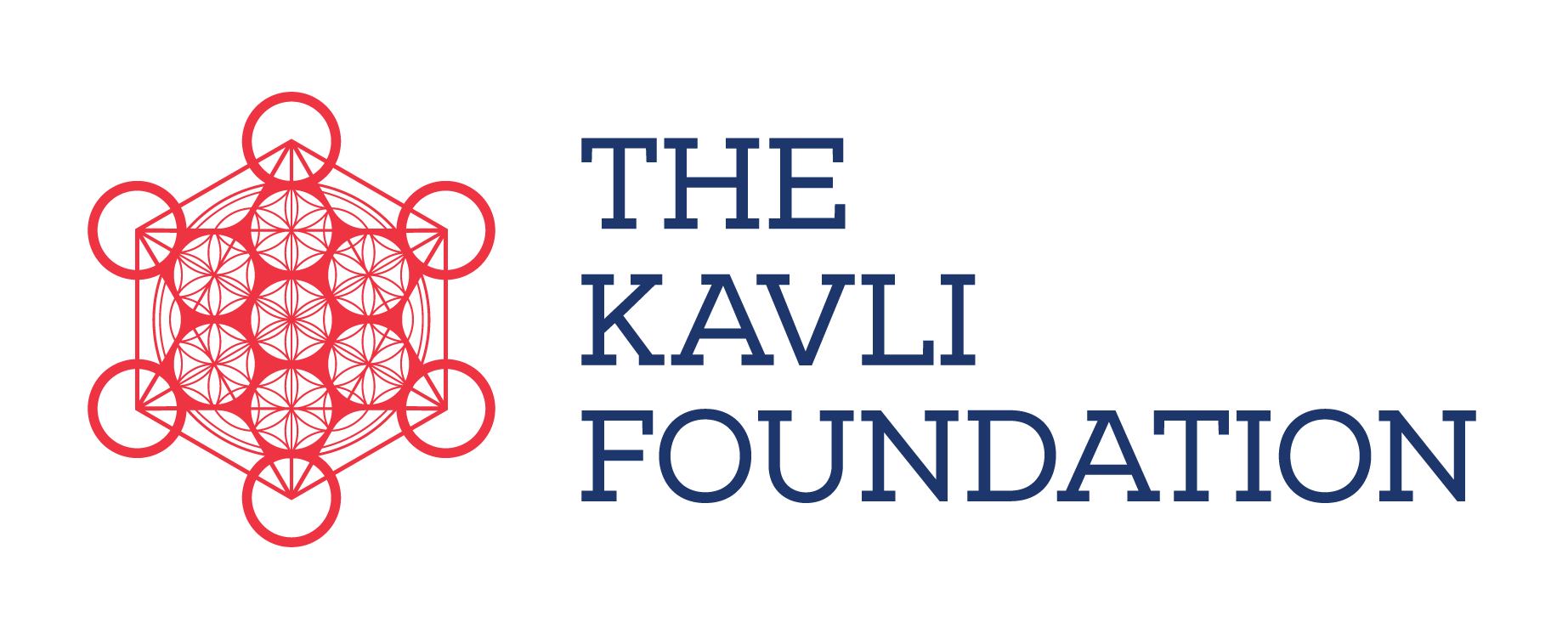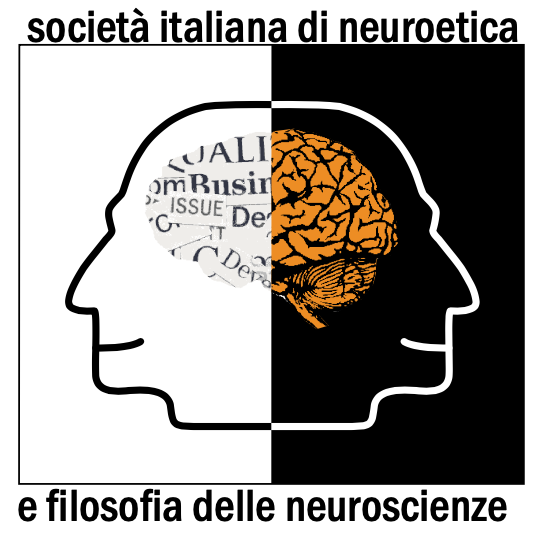Meeting ProgramThis year's meeting theme is 'Our Digital Future: Building Networks Across Neuroscience, Technology and Ethics.' Sessions will address the many areas in which brain technologies and data concerning the brain are developed, deployed, utilized and regulated. This event has concluded. Select recordings are currently available for INS members and registered attendees. Sponsors    Registration Waivers  Prize Donors  Meeting TimesAll meeting activities will be conducted online and held synchronously during the timezones listed in the tables below. Session times listed throughout the agenda are U.S. Eastern Daylight Time (EDT).
Agenda Day 1Visit the meeting website and login using the unique link you received by email. This can be done any time this week. We encourage you to join the opening plenary session 10 minutes early to make sure you establish a reliable internet connection. You must use an up-to-date version of Google Chrome (v86) for this meeting. Be sure to complete a system test of your camera, microphone and internet connection to ensure you are able to participate in the breakout discussions that will be held during in the opening plenary.
PLENARY SESSION / 12:00-1:00 pm EDT
Welcome
Leveraging Neuroethics in the Pursuit of Justice and EquityA recent surge in awareness of systemic racism and long-standing injustice has renewed efforts worldwide to advance social progress. Lead discussants Nita Farahany and Ilina Singh will canvas how the neuroethics community and its practitioners can foster an inclusive and diverse culture, and collectively advance justice and equity through their contributions to neuroscience and society.
The sessions will continue with a guided discussion led by INS members. We'll start with the featured questions listed in the linked document, and organically explore topics raised by audience feedback and suggestions supplied through chat and Q/A. Our goal is to examine the role of neuroethics in addressing racial and social inequity, including inequities exposed by the global pandemic.
Featured Questions
Break / 1:00-1:30 PM EDT
Concurrent Sessions / 1:30-2:30 PM EDT
Governing Brain Data in the InfosphereThis session aims to broaden the discussion on international governance of brain data and the use of big data analytics in neuroscience. Special focus will be given to non-medical uses such as direct-to-consumer neurotechnology. The panelists will explore, among many topics, potential conflicts of data sharing and privacy; potential divergences between different stakeholder perspectives; confidentiality issues arising from data use for medical informatics and private ventures; and cultural views on mental privacy. / Recording
Prospects for AI-Enabled Diagnostic ImagingLong considered unrealistic, brain imaging for the purpose of psychiatric diagnosis appears more plausible with applications of artificial intelligence, leading to questions about its possibility to aid in differential diagnosis and treatment response. The following panelists will examine the state of the technology and likely challenges, the ethical concerns that may arise when applied to psychiatric diagnosis, and how diagnostic systems and conceptions of psychiatric disorders may change. / Recording
Linking Social Justice and Brain Injuries Through TheologyReligious and theological traditions of ethics provide an opportunity to expand and enrich approaches to social justice in neuroethics, particularly in the context of brain injury and disorders of consciousness. The following panelists will examine how different religious traditions approach ethical issues surrounding brain injuries through a social justice lens. / Recording
BREAK / 2:30-3:00 PM EDT
CONCURRENT BREAKOUTS / 3:00-4:00 PM EDT
Career Tracks in Neuroethics
Securing Funding and Grants
Reaching Out: Neuroethics at the Interface of Science, Art and Society
CONCURRENT PRESENTATIONS / 4:00-5:00 PM EDT
Research PresentationsThe following investigators will contribute a 10-minute recorded presentation of their research and spend 5 minutes answering questions. Each concurrent session will include four investigators.
STAGE A
STAGE B
STAGE C
Research Discussions / 5:00-6:00 PM EDT
Research Cohorts / Poster Viewing
Agenda Day 2
Partner Event / 10:00–11:00AM EDT (16:00–17:00 CET)
 Requires pre-registration: This session is organized by the Italian Society for Neuroethics (SINe). Everyone can freely attend by writing in advance to [email protected] and receiving a link to the Zoom platform.
Neuroscience and ethics in the face of the pandemic: lessons from ItalyItaly was a laboratory for the first acute phase of the COVID-19 epidemic. Today, we can start dealing with the health and social consequences through the lens of brain sciences and the related ethical issues. In this panel, some key topics will be addressed, starting from coping with the stress of healthcare workers up to the contribution of social neuroscience in clarifying the mechanisms that can contribute to enforcing individual and collective protection duties. Outstanding speakers with different scientific backgrounds will show how neuroethics can be the right perspective to study some features of the pandemic and can make an important contribution both in understanding and in suggesting specific policies.
Chairperson
Speakers
Research Discussions / 11:00AM–12:00PM EDT
Research Cohorts / Poster Viewing
PLENARY SESSION / 12:00-1:00 PM EDT
Charting the Path to Ethical NeurotechnologyNeurotechnology is rapidly advancing. New consumer products and therapeutic applications of brain–computer interfaces in particular are forcing an industry to navigate ethical concerns such as data protection, consent, and accountability without clear guidelines or standards. This conversation with leaders of neurotechnology companies will examine issues raised by advancing device technologies and their potential applications, as well as look at opportunities to increase interdisciplinary collaboration. / Recording
Break / 1:00-1:30 PM EDT
Concurrent Sessions / 1:30-2:30 PM EDT
Policing, Neurotechnology, and the Search for TruthOver the past decade, brain-based methods of detecting lies and autobiographical memories have been introduced in neuroscience labs and applied police investigations in multiple countries. In this session forensic practitioners, scientists, and ethics and legal scholars will examine from their different perspectives the latest technologies — including electroencephalogram (EEG) memory detection — and debate if these tools can be applied fairly and ethically to aid accuracy and promote justice in police investigations and legal adjudication.
Life and Health Decisions with Experimental Brain ImplantsTrials researching effective treatments for psychiatric and neurological ailments are increasingly using experimental devices implanted into the brain to record signals and stimulate activity. After the study, the fate of the device can lead to complex dilemmas: for patients faced with uncertain risks and benefits; for investigators concerned with long-term care and outcomes; and for ethicists tasked with determining responsibility and establishing an appropriate course of care. Panelists will attempt to find consensus about patient care and device management after brain implant trials. / Recording
Challenges of Artificial Intelligence and Neuroscience to DemocracyThe possibilities offered by the combined insights of artificial intelligence and neuroscience raise profound questions for democracy. It’s critical to ask if AI–neuroscience technologies and their applications might be able to improve democracy, encourage greater participation in public discourse, jeopardize the opinion-building process, or challenge our understanding of self-governance. Leading experts in artificial intelligence, big data neuroscience, democratic theory, and social studies of science will lead an open discussion on these issues. / Recording
BREAK / 2:30-3:00 PM EDT
Session / 3:00-4:00 PM EDT
Neuroethics in a Time of CrisisA fuller understanding of the impact of COVID-19 on the brain, and associated neurological and mental health impacts, is still emerging. At the same time, the pandemic has raised difficult ethical questions in terms of triage and allocation of scarce resources for people with neurological and mental health conditions, as well as issues related to telehealth. This panel brings together experts in neurology, psychiatry, and ethics who will address these complex ethical issues affecting people with neurological and mental health disorders during the pandemic. (Organized by the INS Emerging Issues Task Force.) / Recording
FRED KAVLI DISTINGUISHED NEUROETHICS LECTURE / 4:00-5:00 PM EDT
 Ruha BenjaminAssociate Professor of African American Studies, Princeton University Founding Director, Ida B. Wells Just Data Lab
Race to the Future? Reimagining the Default Settings of Technology & SocietyFrom everyday apps to complex algorithms, technology has the potential to hide, speed, and deepen discrimination, while appearing neutral and even benevolent when compared to racist practices of a previous era. In this talk, Ruha Benjamin explores a range of discriminatory designs that encode inequity — what she terms the 'New Jim Code.' This presentation takes us into the world of biased bots, altruistic algorithms, and their many entanglements, and provides conceptual tools to decode tech promises with historical and sociological insight in the context of neuroscience. It will also consider how race itself is a kind of tool designed to stratify and sanctify social injustice and discuss how technology is and can be used toward liberatory ends. In doing so, Ruha challenges us to question not only the technologies we are sold, but also the ones we manufacture ourselves.
Ruha Benjamin is Associate Professor of African American Studies at Princeton University, Founding Director of the Ida B. Wells Just Data Lab, and author of the award-winning book 'Race After Technology: Abolitionist Tools for the New Jim Code.' For more info visit: ruhabenjamin.com.
|
||||||||||||||||||
